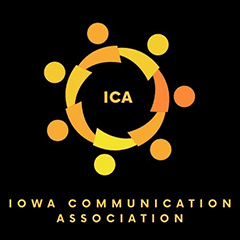Abstract
In her article "The Ways We Lie," Stephanie Ericson admits that she "once tried going a whole week without telling a lie, and it was paralyzing.”1 Such a personal ethical challenge is probably familiar to those of us who strive to come to terms with the paradoxical nature of communication ethics. Perhaps many of us have found, as Ericson does, that telling the truth "all the time is nearly impossible." Indeed, some ethicists believe that there is a hole in the "moral ozone" which has blinded Americans (especially young people) to traditional expectations regarding ethical conduct. Michael Josephson, in particular, found that breaches in ethical conduct are commonplace among college students, with 32% admitting to cheating on at least one college exam and one in eight expressing no regret for falsifying documents to receive financial loans. Many, in fact, admit to having no intention of paying back such loans.2 When addressing the growing concern regarding academic ethics, Kibler urges that both faculty and administrators "must help students develop the values they need to deal effectively with the moral and ethical dilemmas facing them.”
Journal Title
Iowa Journal of Communication
Volume
25
Issue
2
First Page
25
Last Page
44
Language
en
File Format
application/pdf
Recommended Citation
Doyle, Dennis M.
(1993)
"Between "Is" and "Ought": An Approach to Teaching Interpersonal Communication Ethics,"
Iowa Journal of Communication: Vol. 25:
No.
2, Article 4.
Available at:
https://scholarworks.uni.edu/ijc/vol25/iss2/4
Copyright
©1993 Iowa Communication Association



